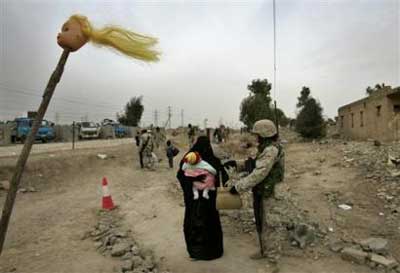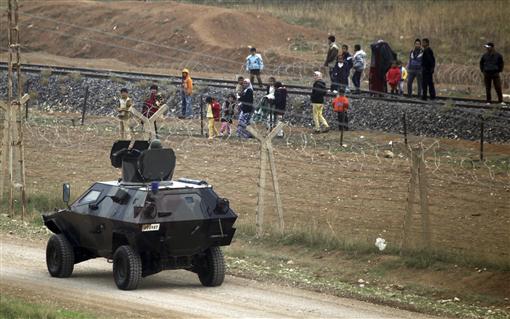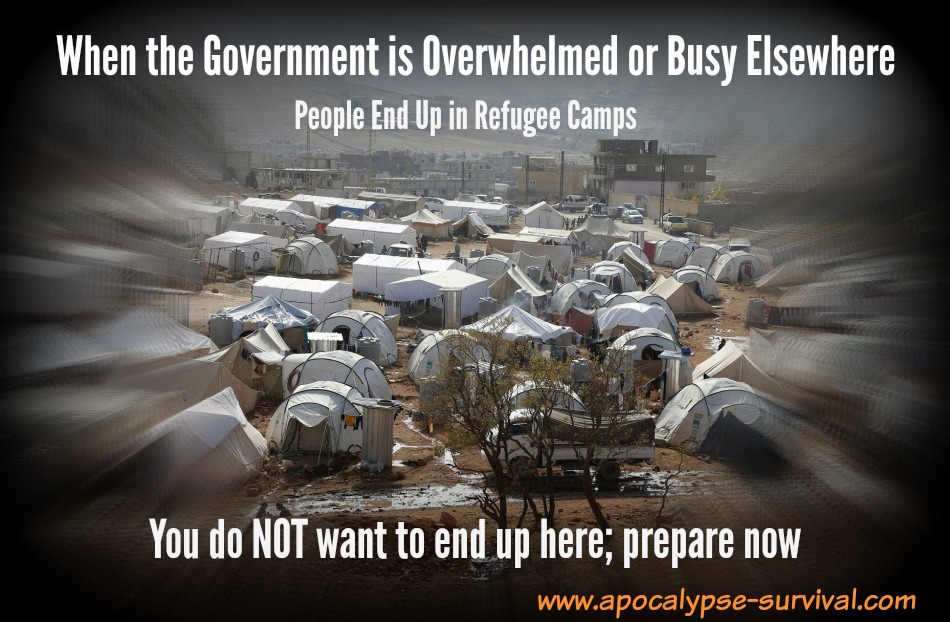Living in a War Zone: Prepare Now Just Like You Would for Any Disaster
Living in a war zone is not something most Americans know anything about. Unless they’ve served in the military, most are pretty complacent about the safety and security of living in the West.

However, you don’t have to look very far today before you find stories about everyday people who have suddenly found themselves in the middle of a war zone. Whether it’s domestic gangs that have taken over their neighborhood, or radical Islamic terrorists pouring over the border into their country, life has changed and may never be the same.
How Real People Have Faced Living with War
When war comes to your nation and city, where troops are on the ground, no matter who you are, your life can be in danger. Some decide to keep a low profile and go about their daily lives even if that means dodging checkpoints and moving in the shadows.
Unfortunately, life in a war zone is almost always disrupted in some way, even if your life is not in immediate danger. For instance:
- Intermittent power outages
- Gas rationing
- Food rationing…if there is any food
- Limited to no medical care
- Intermittent internet
- Water rationing
Living in a War Zone When Not Much Changes
Of course, you will find stories about countries like the Ukraine which turns into a war zone, but where the battles are isolated leaving the rest of the country virtually untouched. In these situations, life goes on and the danger is negligible. However, even then, you have to be aware that the situation can change at any time.
Leaving the War Zone

Any time you have war you are going to have people who, whether voluntarily or involuntarily, leave everything behind in search of safety for themselves and their loved ones. All too often they find themselves as refugees, traveling at night, avoiding the use of flashlights for fear of being spotted.
At other times they find themselves part of a large evacuation of people where they end up in refugee camps, which often pose more danger to life and limb than living in a war zone.
Prepare for Evacuation
Of course, the best thing is to be prepared in advance for the possibility of an evacuation ahead of the enemy. Here are a few suggestions:
- Money: Get your money out of the bank before withdrawals are limited or the banks closed.
- Foreign Funds: If you think you’ll head out of the country, make sure you convert funds into that local currency.
- Records: Scan all your legal and medical records and place on a thumb drive, as well as having hard copies in a waterproof container.
- ID: Make sure you have your ID, Passport and Visa.
- Go-bags: Make sure you have a BOB (bug-out-bag) for every person in the family.
- Pets: Are you going to take your pet(s) with you. If so, make sure you have a BOB for them as well.
- Contact Info: Make sure you have hard copies of addresses and phone numbers.
War Zone Stress
Even after you are no longer living in a war zone, you may very well experience post-traumatic stress, with symptoms most commonly associated with soldiers returning home from the war. Being aware of these symptoms, whether in yourself or a loved one, will help you deal with the after-effects of your experiences. Common post-war symptoms include:
- Difficulty concentrating
- Insomnia
- Hyper-alertness and easily startled
- Grief and mourning over losses
- Survivor guilt
- Anger
- Frustration and impatience
- Difficulty trusting

Depending on the intensity of your experience and just how traumatic it was, you may even develop PTSD, with warning signs that include:
- Feeling and acting like the traumatic event(s) is happening now
- Recurring nightmares
- Avoidance of thinking or talking about experiences
- Feelings of estrangement
- Inability to concentrate
- Insomnia
- Depression
- Irritability and anger
While chances are that you will never find yourself living in a war zone, in today’s world that may not be a guarantee. A little preparation and awareness can go a long way towards ensuring that you get through safe and healthy.
Return from Living in a War Zone to Survival Situations






New! Comments
Have your say about what you just read! Leave me a comment in the box below.